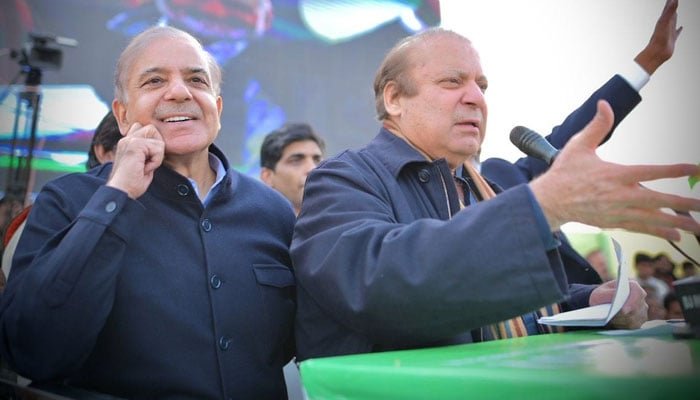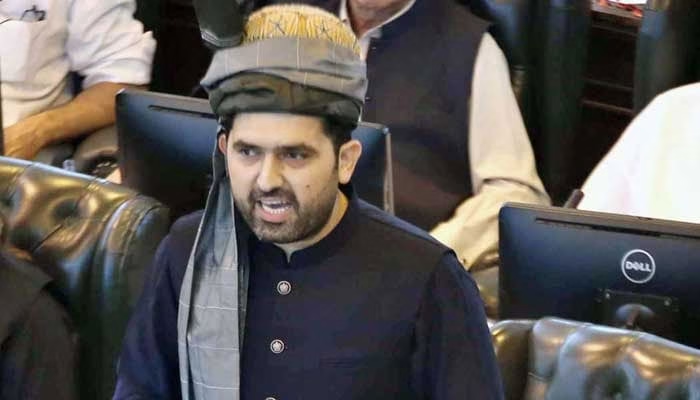In a significant development, Pakistan Muslim League-Nawaz (PML-N) leader Nawaz Sharif has nominated Shahbaz Sharif for the position of Prime Minister of the Islamic Republic of Pakistan. PML-N spokesperson Maryam Aurangzeb announced that while Shahbaz Sharif has been nominated for the Prime Ministerial role, Maryam Nawaz Sharif will be a candidate for the Chief Minister position.
Expressing gratitude, they thanked all political parties and their leaders for their cooperation and support in the electoral process. Nawaz Sharif voiced confidence that these decisions would lead to economic stability and relief from inflation for the people of Pakistan.
On the other hand, a coalition government has been announced by Pakistan Muslim League-Nawaz (PML-N), Pakistan Peoples Party (PPP), Muttahida Qaumi Movement (MQM), Pakistan Muslim League-Quaid (PML-Q), Tehreek-e-Labbaik Pakistan (TLP), and Balochistan Awami Party (BAP). This alliance signifies a strategic move to consolidate power and form a stable government.
The political landscape has witnessed a significant shift with the formation of this coalition, which enjoys a total of 156 seats in the National Assembly. With additional seats expected to be secured through alliances, crossing the threshold of 172 required for government formation seems achievable.
In a gathering at Chaudhry Shujaat Hussain’s residence in Islamabad, attended by leaders such as Asif Ali Zardari, Shahbaz Sharif, Khalid Maqbool Siddiqui, and Sadiq Sanjrani, discussions revolved around the formation of the coalition government. Following the meeting, leaders addressed the media, announcing their commitment to forming a united government.
The National Assembly composition reflects PML-N with 79 seats, PPP with 54, MQM with 17, PML-Q with 3, TLP with 2, and BAP with 1 seat. This collective strength indicates a solid foundation for governance and policymaking.
Meanwhile, Pakistan Tehreek-e-Insaf (PTI) has 92 seats in support, while other parties hold individual seats. As the political landscape continues to evolve, the coming days will be crucial in shaping the direction of governance and policy decisions in Pakistan.



